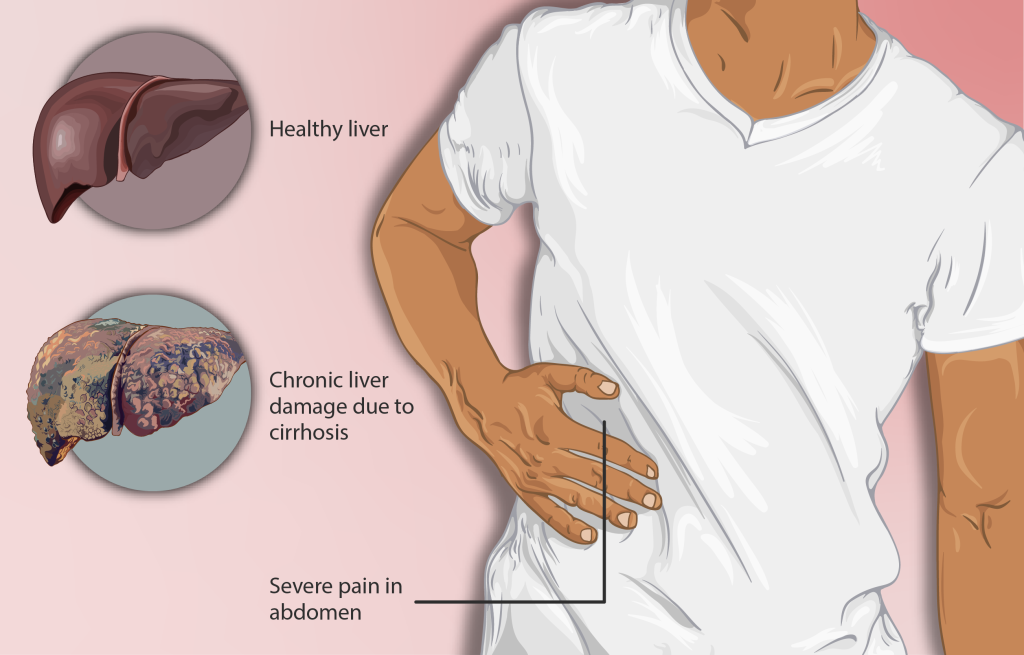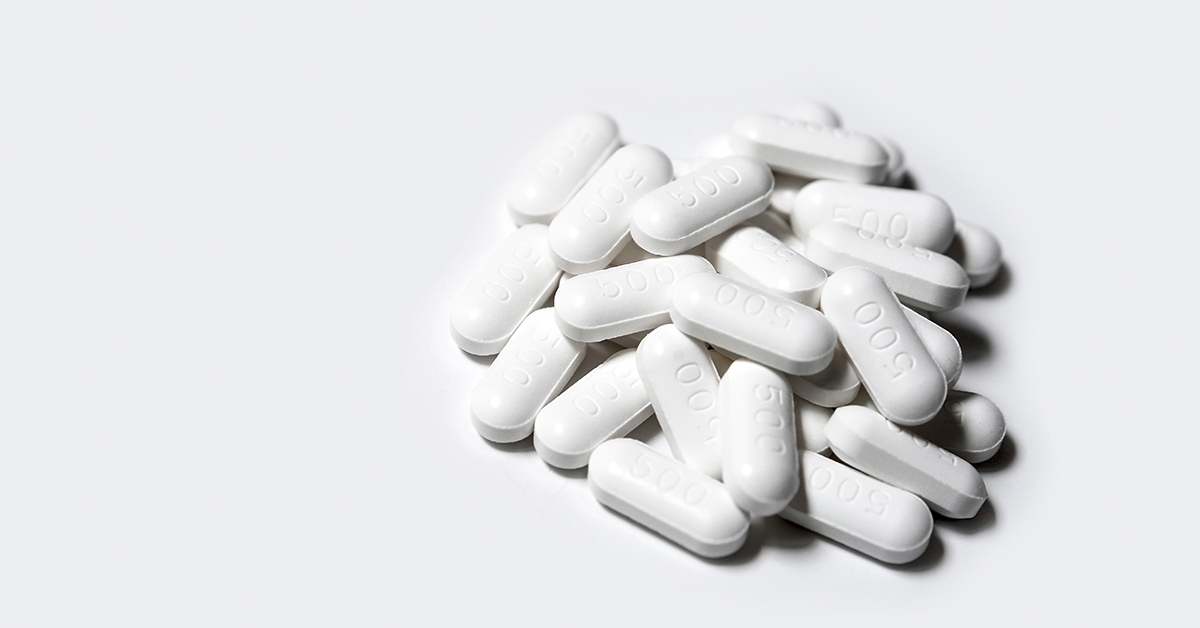Acetaminophen (known as Paracetamol in the UK), ranks among the most widely used medications worldwide. It’s most commonly known as the brand name Tylenol. People grab it for headaches, fevers, joint pain, and muscle aches. It’s affordable, easy to find, and commonly trusted. But health experts now urge the public to take a closer look at the hidden risks, especially the growing concern around acetaminophen side effects.
A number of researchers are sounding the alarm. Most people take this drug without concern, yet even small increases above the recommended dose can harm the liver. That damage doesn’t require a dramatic overdose, just regular misuse.
Surprisingly, many don’t realize how easily liver function can break down. With new warnings, pharmacists and researchers aim to help people treat this everyday medicine with more caution.
Read More: The Medications That Change Who We Are
Small Overdoses Can Do Serious Harm
Acetaminophen side effects may not show up right away, but they often begin quietly. When taken as directed, Paracetamol works safely. However, just a few extra pills can lead to serious consequences.
Dipa Kamdar, senior lecturer in pharmacy practice at Kingston University, explains that paracetamol misuse can trigger liver failure. As the liver breaks down Tylenol, it creates a toxic substance called NAPQI. Under normal conditions, the body uses glutathione to neutralize it. But when someone takes too much, those protective levels drop. NAPQI builds up and attacks liver cells.
In early stages, the damage often goes unnoticed. People may feel constant fatigue or mild nausea. As the damage worsens, symptoms like jaundice can appear.
Daily Habits Can Make It Worse
Many assume alcohol is the primary cause of liver problems. While it plays a major role, other everyday habits also strain the liver. Kamdar warns that eating too much sugar or saturated fat, smoking, and not exercising regularly all increase the risk. When people combine these behaviors with painkiller misuse, they push their liver closer to failure.
Many also make accidental mistakes. For example, some cold and flu medicines contain Paracetamol. People take those along with standard painkillers without realizing they’re doubling the dose. Others mix Tylenol with alcohol, which puts even more pressure on liver function.
Even small, repeated overdoses can build up into long-term damage. These risks make acetaminophen side effects especially dangerous, as they often develop in silence.

Liver Disease Cases Keep Climbing in the UK and US
The British Liver Trust reports that liver disease kills more than 11,000 people each year in the UK. That’s over 31 lives lost every day. More alarmingly, those numbers keep rising. Over the past 50 years, liver disease deaths have quadrupled. Meanwhile, death rates for most major illnesses have dropped. This surge points to a preventable crisis. Experts believe better public awareness could save lives.
In the United States, liver disease ranks as the 12th leading cause of death in the country, with approximately 52,222 deaths annually. Some experts believe that liver-related deaths may be underestimated.
Andrew Moore, a senior researcher at the University of Oxford, adds that even standard use can carry risk. In rare cases, patients developed liver failure after taking normal doses of Tylenol. While the odds are low, about one in a million, the risk still exists. Moore’s research shows that acetaminophen side effects can strike even without obvious misuse.
Read More: Drug That Elevates NAD+ Offers New Hope for Fatty Liver Disease
Protect Your Liver with Smart Habits
You can take several simple steps to reduce your risk. Start by reading labels closely. Always follow the recommended dosage. Don’t assume an extra pill will work faster, it won’t. Instead, it could hurt your liver. Be sure to check your other medications too. Many combination products contain Paracetamol. If you take them alongside regular painkillers, you may go over the limit without realizing it.
If you need Tylenol often, speak with a doctor. Persistent pain might signal another issue. A healthcare provider can suggest safer alternatives or better treatment plans. You can also support your liver with healthy lifestyle choices. Cut down on alcohol, eat less processed food and sugar, stay active, and quit smoking. These habits lighten your liver’s workload and improve overall health.
Watch for early warning signs. Ongoing fatigue, nausea, or yellowing of the skin or eyes may point to liver damage. If you notice these symptoms, contact a medical professional right away.

Final Thoughts: Handle Common Medications with Care
Acetaminophen side effects can be more serious than most people realize. This painkiller helps millions, but even small missteps can lead to real harm. The fact that it’s available over the counter doesn’t mean it’s risk-free.
Experts don’t recommend avoiding Paracetamol altogether. They simply want people to use it more carefully. Read the packaging and avoid doubling up on medications. And don’t rely on Tylenol regularly without professional advice.
Making smart choices protects your liver and overall well-being. Paracetamol may seem harmless, but it deserves respect. Used wisely, it can be safe and helpful. Used carelessly, it can quietly do damage you never saw coming.
Read More: The Potential Dangers of NSAIDs: Risks and Alternatives

